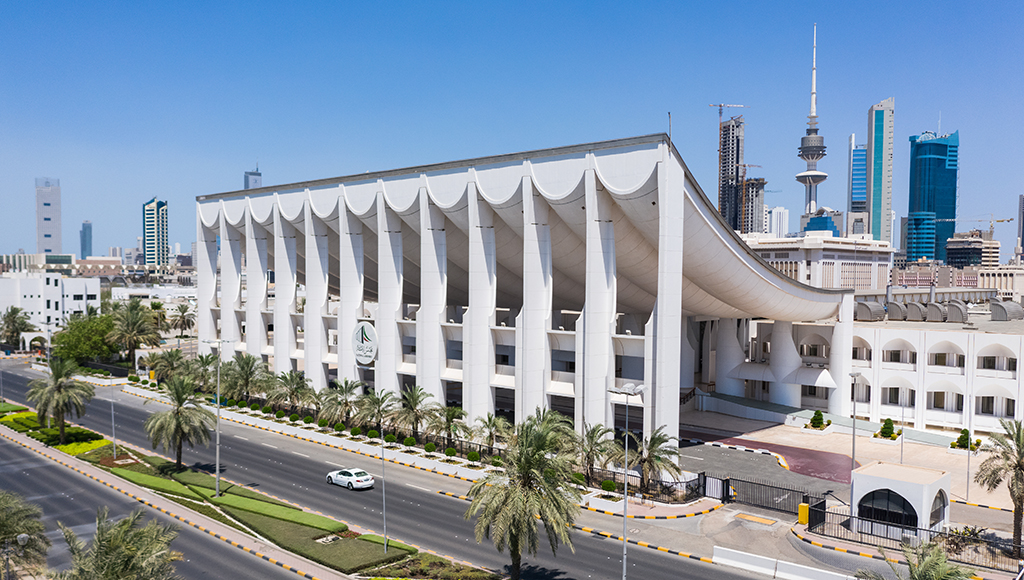By B Izzak
KUWAIT: An Amiri decree was issued yesterday setting September 29 as the date for the snap polls that were called after dissolving the national assembly last month in a bid to end non-stop political disputes between the house and the government. The decree was published in the official gazette Al-Kuwait Al-Youm and accordingly became effective. The interior ministry immediately said that registration of candidates for the parliamentary elections will start from Monday for 10 days, in accordance with the elections law.
The last day for registration will be September 7. Withdrawal of candidates from the race also begins from Monday and continues until seven days before the election date on September 29. The government has declared the election day as a rest day to allow the largest number of eligible voters to cast their votes. Based on the electoral lists released by the department of elections, there are 796,000 eligible voters in Kuwait, a massive 40 percent jump from the previous polls on December 5, 2020 when the voters were just 568,000 voters. The big increase is attributed mainly to the addition of many new residential areas to the existing constituencies which were excluded in the 2020 polls.
According to the lists, there are 408,000 female voters or 51.3 percent of total voters and 388,000 male voters, 48.7 percent. Candidates must be Kuwaiti citizens, male or female, of at least 30 years of age. They must have good conduct and must not have been convicted in a criminal case by court. The country is divided into five electoral constituencies, each electing 10 MPs for the 50-member assembly. But the distribution of voters among the electoral districts varies to a big degree.
The first constituency has 100,000 voters, the second just 73,000 voters while the third has 144,000. The remaining two constituencies, with mostly tribal population, together have over 58 percent of voters. The fourth constituency boasts 222,000 voters and the fifth has 243,000 voters. Many candidates and rights activists have repeatedly criticized the unfair distribution of voters but nothing has been done to achieve equality.
A large number of former MPs, both in the former assembly and previous ones, have announced they will run in the crucial polls. They are led by opposition figure and former three-time assembly speaker Ahmad Al-Saadoun who has received strong backing for the speaker post. Other main former MPs who are running include Abdulkarim Al-Kundari, Hasan Jowhar, Abdullah Al-Mudhaf, Muhalhal Al-Mudhaf, Osama Al-Munawer, Obaid Al-Wasmi, Osama Al-Shaheen, Abdulaziz Al-Saqaabi and many others.
Results are expected to be announced the same day of the election or maximum by the morning of the next day. Counting of votes is still manual in oil-rich Kuwait. Minister of State for Housing and Minister of National Assembly Affairs Issa Al-Kundari, a former MP, yesterday resigned from the cabinet because he plans to run in the election. Former opposition MP Bader Al-Dahoum, who was stripped off his seat by the constitutional court last year, yesterday filed an appeal before the court of cassation to get his name listed in the electoral lists to be able to run in polls. The interior ministry refused to include his name because he was convicted by court. The administrative court later rejected his case and as a result took his appeal to the court of cassation which is expected to rule on his case within a few days.








